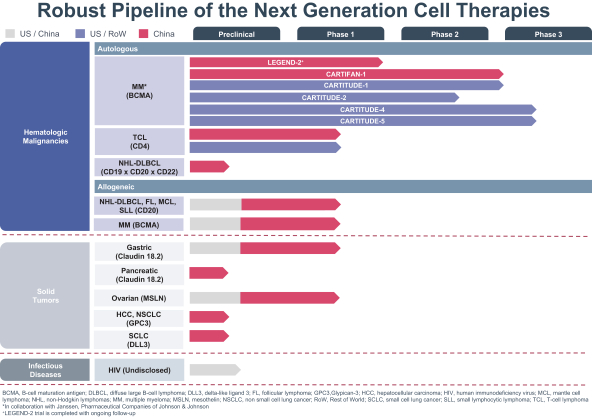DESCRIPTION OF SHARE CAPITAL
We are a Cayman Islands exempted company incorporated with limited liability and our affairs are governed by our memorandum and articles of association, the Companies Act (as amended) of the Cayman Islands, which we refer to as the Companies Act below and the common law by the Cayman Islands.
As of the date of this prospectus, our authorized share capital is $200,000 divided into 2,000,000,000 shares, of which (i) 1,999,000,000 are designated as ordinary shares of a par value of $0.0001 each and (ii) 1,000,000 of such class or classes (however designated) of shares, par value $0.0001 each, as our board of directors may determine in accordance with our amended and restated memorandum and articles of association. All of our issued and outstanding ordinary shares are fully paid.
As of May 31, 2021, we had 289,264,118 ordinary shares issued and outstanding.
Our board of directors may, without further action by our shareholders, fix the rights, preferences, privileges, and restrictions of up to an aggregate of 1,000,000 other shares, including preference shares, in one or more classes or series and authorize their issuance. These rights, preferences, and privileges could include dividend rights, conversion rights, voting rights, terms of redemption, liquidation preferences, sinking fund terms, and the number of shares constituting any series or the designation of such series, any or all of which may be greater than the rights of our ordinary shares. The issuance of our other shares, including potentially preference shares, could adversely affect the voting power of holders of ADSs and the likelihood that such holders will receive dividend payments and payments upon liquidation. In addition, the issuance of other shares, including preference shares, could have the effect of delaying, deferring, or preventing a change of control or other corporate action. We have no present plan to issue any preference shares.
Our Amended and Restated Memorandum and Articles of Association
The following are summaries of material provisions of our amended and restated memorandum and articles of association, and of the Companies Act, insofar as they relate to the material terms of our ordinary shares.
Objects of Our Company. Under our amended and restated memorandum and articles of association, the objects of our company are unrestricted and we have the full power and authority to carry out any object not prohibited by the law of the Cayman Islands.
Ordinary Shares. Our ordinary shares are issued in registered form and are issued when registered in our register of shareholders. We may not issue shares to bearer. Our shareholders who are nonresidents of the Cayman Islands may freely hold and vote their shares.
Dividends. The holders of our ordinary shares are entitled to such dividends as may be declared by our board of directors. In addition, our shareholders may declare dividends by ordinary resolution, but no dividend shall exceed the amount recommended by our directors. Our amended memorandum and restated articles of association provide that the directors may, before recommending or declaring any dividend, set aside out of the funds legally available for distribution such sums as they think proper as a reserve or reserves which shall, in the absolute discretion of the directors, be applicable for meeting contingencies or for equalizing dividends or for any other purpose to which those funds may be properly applied. Under the laws of the Cayman Islands, our company may pay a dividend out of either profit or the credit standing in our company’s share premium account, provided that in no circumstances may a dividend be paid if this would result in our company being unable to pay its debts as they fall due in the ordinary course of business immediately following the date on which the distribution or dividend is paid.
Voting Rights. Holders of our ordinary shares shall be entitled to one vote per ordinary share. Voting at any shareholders’ meeting is by show of hands unless a poll is demanded (before or on the declaration of the result of
8



